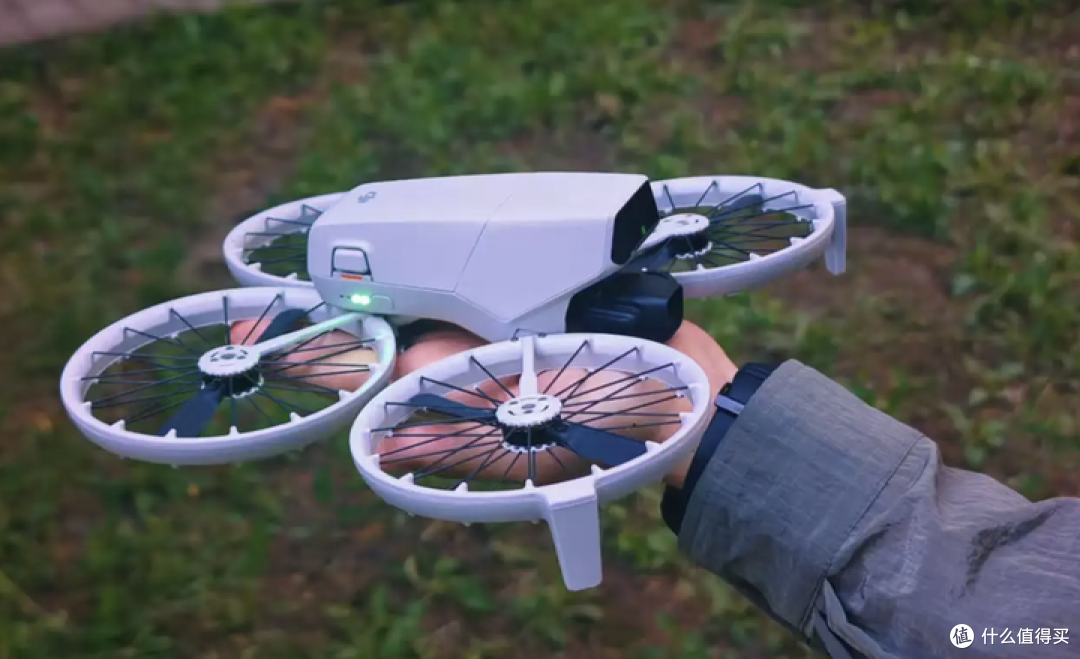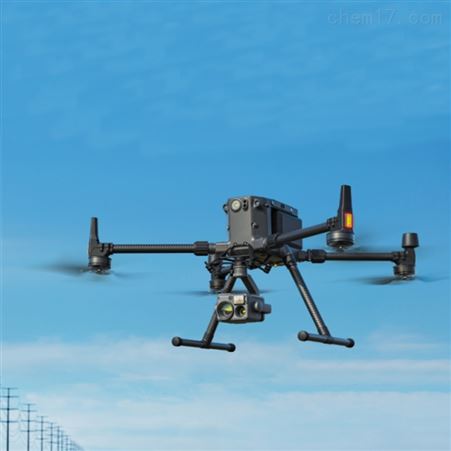Understanding Drone Stocks
Investing in drone stocks involves backing companies engaged in the design, manufacture, and operation of unmanned aerial vehicles (UAVs). These firms range from industry giants to innovative startups pushing the boundaries of what drones can accomplish. The sector’s expansion is fueled by diverse applications, including delivery services, aerial photography, and military operations, each offering unique revenue streams.
Key Players in the Drone Market
Among the most prominent entities are DJI Technologies, the undisputed leader in consumer and commercial drones, and companies like Amazon and Google that are increasingly investing in drone delivery technologies. Investors also turn their gaze towards defense contractors like Northrop Grumman and Lockheed Martin due to their significant contributions to military UAV development.
One attractive prospect in the drone aircraft manufacturing space is AeroVironment, renowned for its military-grade drones and burgeoning interest in commercial applications. Similarly, firms specializing in drone software solutions or those enhancing drone capabilities, such as AI integration, are gaining traction.
Given the pressing climate challenges, drones play a pivotal role in environmental monitoring and precision agriculture, further driving demand.
Moreover, startups focusing on specific technological advancements—such as longer flight times or improved navigation systems—can offer substantial growth potential, though they often come with higher risk profiles.
Investing Strategies
 To invest smartly in drone stocks, diversification is paramount. While major corporations offer stability, smaller cap stocks may deliver higher growth rates. It’s advisable to maintain a mix that balances risk and reward. Leveraging ETFs that focus on technological innovation can also provide diversified exposure to the market’s evolving landscape.
To invest smartly in drone stocks, diversification is paramount. While major corporations offer stability, smaller cap stocks may deliver higher growth rates. It’s advisable to maintain a mix that balances risk and reward. Leveraging ETFs that focus on technological innovation can also provide diversified exposure to the market’s evolving landscape.
- Market Volatility: With any emerging technology, market fluctuations are inevitable. Approaching investments with a focus on long-term growth can mitigate the impact of short-term volatility.
- Regulatory Challenges: The drone industry, heavily regulated by aviation bodies worldwide, faces potential constraints that could affect performance.
- Technological Hazards: Rapid technological changes pose threats such as obsolescence and security vulnerabilities.

Furthermore, keeping abreast of industry reports and forecasts can lend insight into market dynamics. Opt into newsletters from financial analysts covering the drone sector to stay aware of shifts and emerging opportunities.
FAQ on Drone Investment
Q: What makes drone stocks appealing?
A: The diverse application across industries, including logistics, agriculture, and defense, offers consistent growth and innovation potential.
Q: How do I mitigate risks associated with drone stocks?
A: Diversification and staying informed about regulatory changes and technological advancements can reduce risk exposure.
Q: Are drone stocks a short-term or long-term investment?
A: While speculation can yield short-term gains, drone stocks generally favor long-term strategies due to the industry’s ongoing evolution.
Thus, as drones continue to buzz across skies worldwide, they present a promising horizon for investment. By crafting informed strategies, investors can align their portfolios for substantial gains in the ever-expanding drone market.
